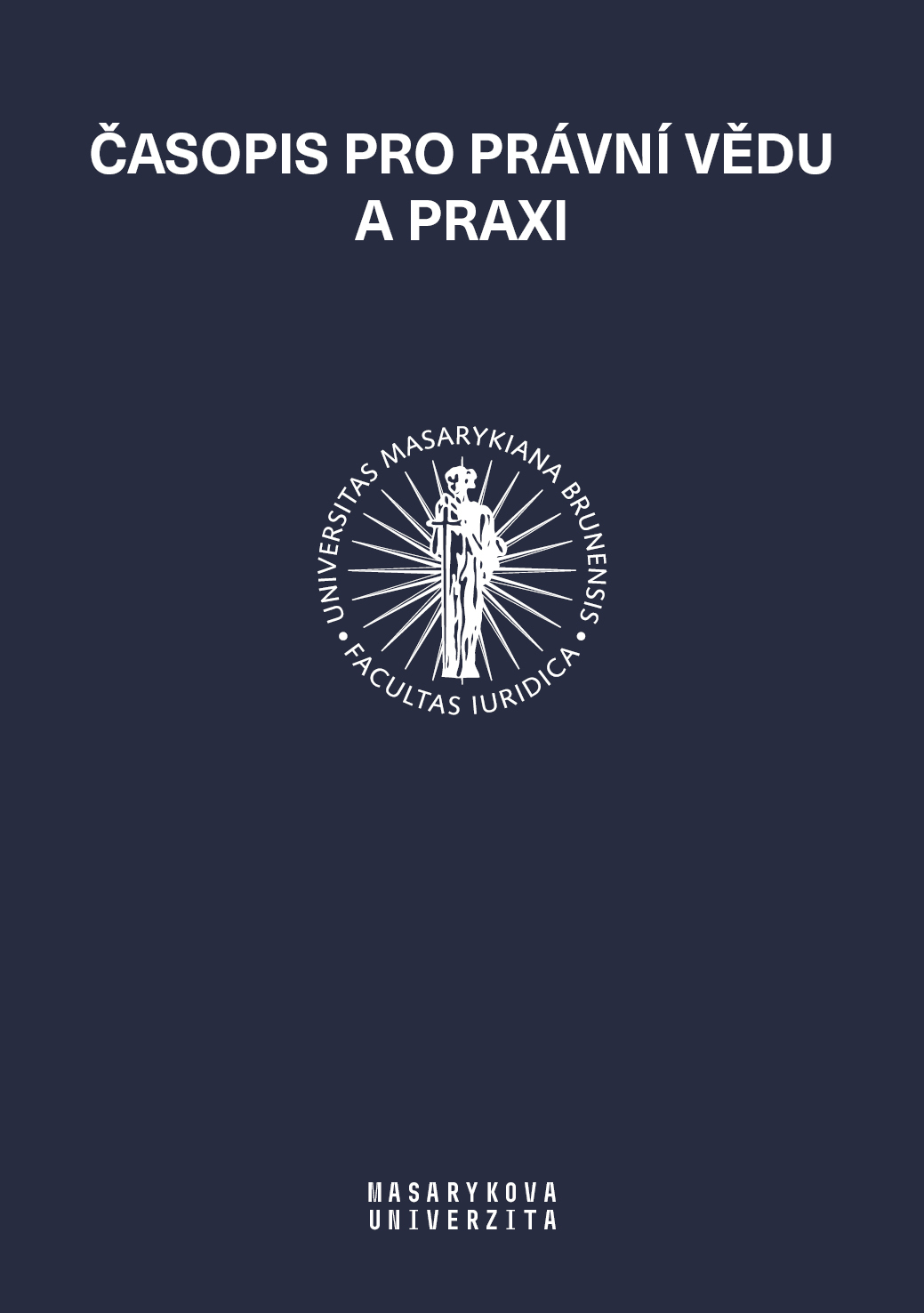Adverzární, inkviziční a smíšený trestní proces – koncepce a širší souvislosti
Adversarial, Inquisitorial and Mixed Criminal Procedure – Concept and Broader Context
Author(s): Alena KristkováSubject(s): Criminal Law
Published by: Masarykova univerzita nakladatelství
Keywords: criminal procedure;adversarial criminal proceedings;inquisitorial procedure;
Summary/Abstract: This paper deals with two different concepts of criminal procedure – adversarial and inquisitorial model. However, both the models influence each other and nowadays there no more exists a pure adversarial or inquisitorial model of criminal procedure. Furthermore, new concepts of criminal procedure are being developed – the International Criminal Court has adopted a mixed mode of criminal procedure, another example of a mixed procedure is the proceedings before the International Criminal Tribunal for the former Yugoslavia. Firstly, this paper analyses the adversarial model which is based on the so called two case approach – case for the defence and case for the prosecution. The trial is seen as a contest between two adversaries. Secondly, the inquisitorial model is described and contrasted with the adversarial model. This model is based on truthseeking where the prosecution seeks evidence both against and for the accused. The mixed criminal procedure tries to combine the advantages of both the previous models. Nevertheless, there is a thing that is very remarkable – the mixed mode of criminal procedure faces the same problem as the adversarial and inquisitorial model – an inadequate length of criminal procedure. The phenomenon of a lengthy procedure seems to be the result of many causes but within the mixed models the adversarial two case approach may be the real cause. Due to this presumption, the inquisitorial features are constantly being strengthened within the mixed models of criminal procedure.
Journal: Časopis pro právní vědu a praxi
- Issue Year: 21/2013
- Issue No: 3
- Page Range: 370-379
- Page Count: 10
- Language: Czech

